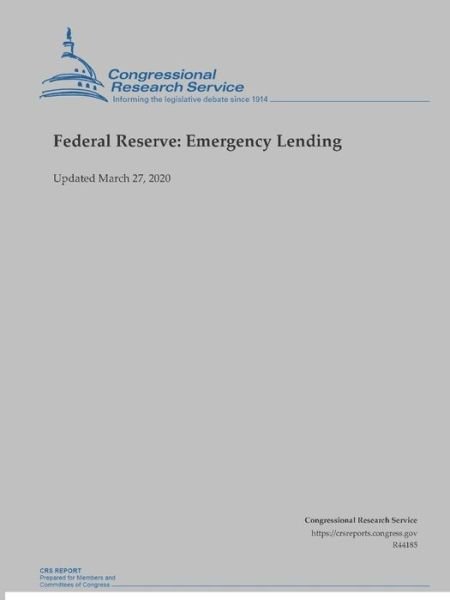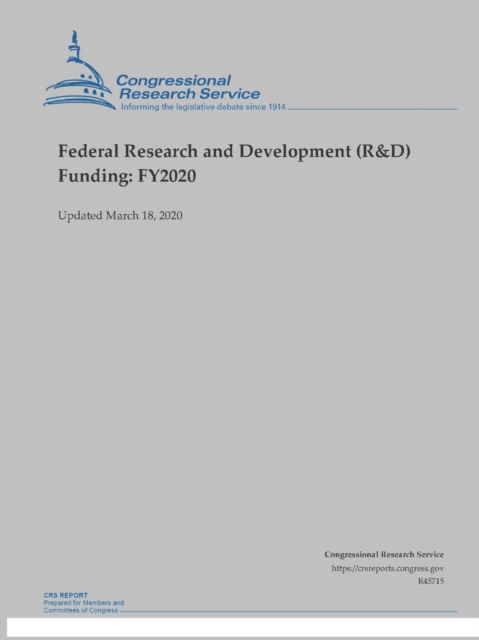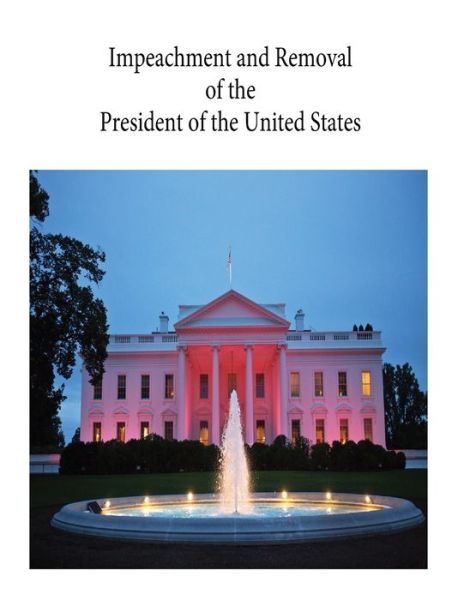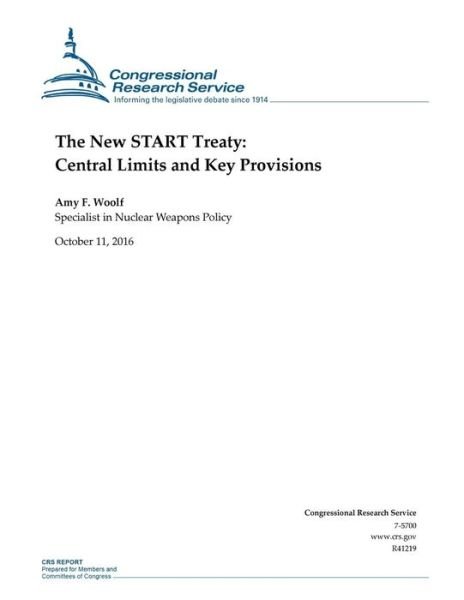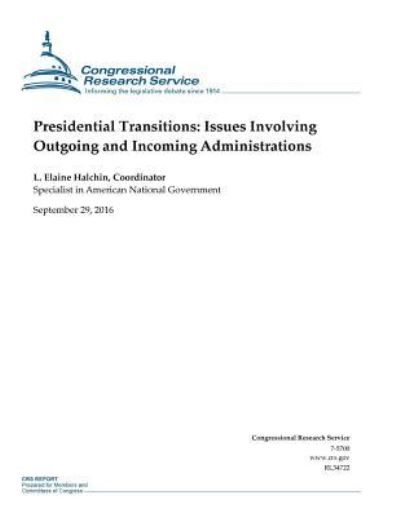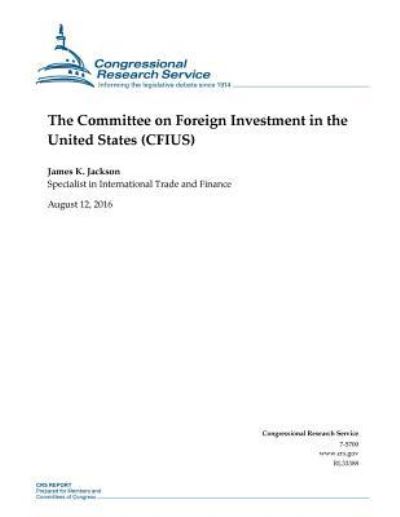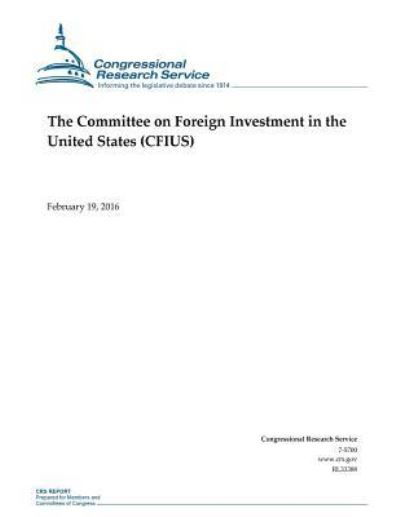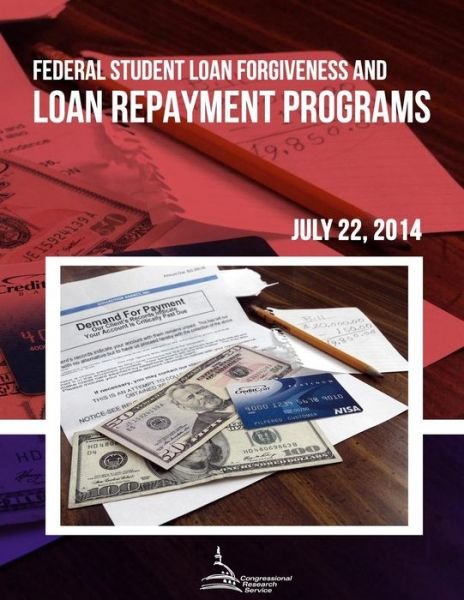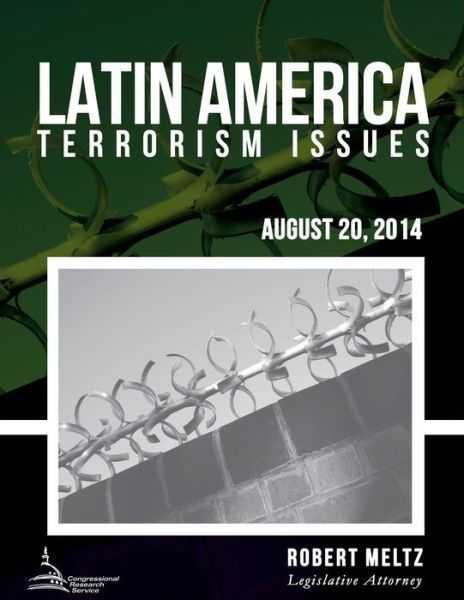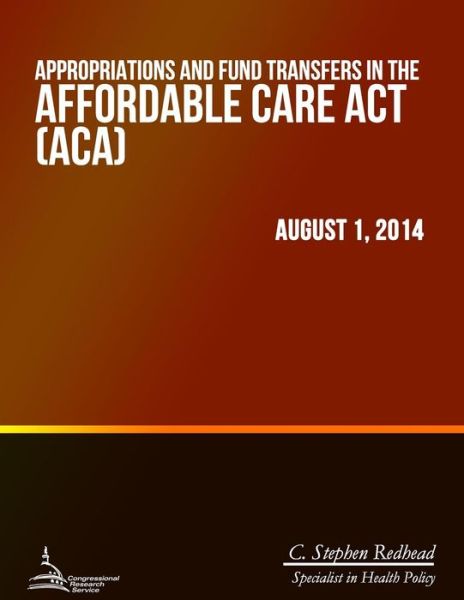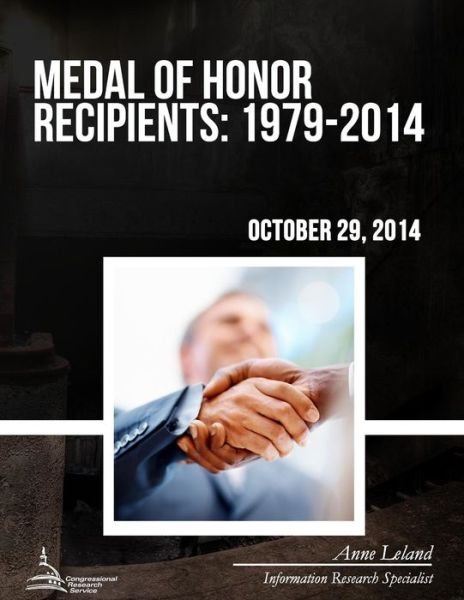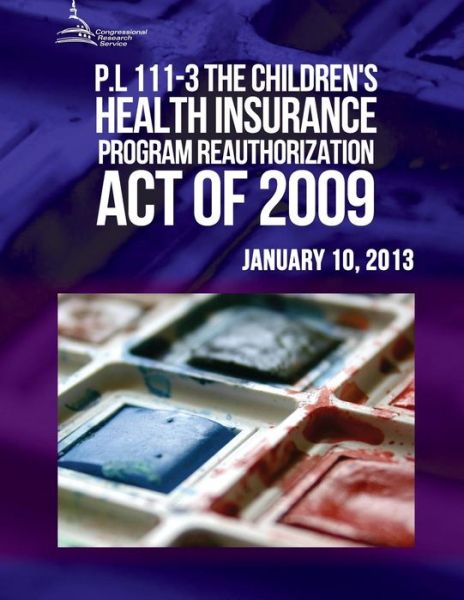
Tell your friends about this item:
Health Care for Dependents and Survivors of Veterans
Congressional Research Service
Health Care for Dependents and Survivors of Veterans
Congressional Research Service
The Civilian Health and Medical Program of the Department of Veterans Affairs (CHAMPVA) was established by the Veterans Health Care Expansion Act of 1973 (P. L. 93-82). CHAMPVA is primarily a health insurance program where certain eligible dependents and survivors of veterans receive care from private sector health care providers. The program is administered by the Veterans Health Administration (VHA), Office of Community Care, located in Denver, CO. Eligibility To be eligible for CHAMPVA benefits, the beneficiary must be the spouse or child of a veteran who has a total and permanent service-connected disability, or the widowed spouse or child of a veteran who (1) died as a result of a service-connected disability; or (2) had a total, permanent disability resulting from a service-connected condition at the time of death; or (3) died while on active duty status and in the line of duty; and does not qualify for health care under the Department of Defense (DOD) TRICARE program. The Caregivers and Veterans Omnibus Health Services Act of 2010 (P. L. 111-163) expanded CHAMPVA benefits for primary caregivers of certain seriously injured veterans if they do not have any other form of health insurance. Under current law, a child (other than a helpless child) loses eligibility when (1) the child turns 18, unless enrolled in an accredited school as a full-time student; or (2) the child, who has been a full-time student, turns 23 or loses full-time student status; or (3) the child marries. Nevertheless, a child between the ages of 18 and 23 may remain eligible for CHAMPVA benefits if the child incurs a disabling illness or injury-while enrolled as full-time student-and is unable to continue studying at his or her educational institution. The child's eligibility will end either (1) six months from the removal date of the disability, (2) two years from the onset of the disability, or (3) on the child's 23rd birthday. Benefits The CHAMPVA program covers most health care services and supplies that are determined to be medically necessary, including inpatient and outpatient care, prescription drugs, mental health services, and skilled nursing care. Certain types of care require advance approval, commonly known as preauthorization. Currently, preauthorization is required for durable medical equipment, hospice services, mental health/substance abuse services, organ and bone marrow transplants, and dental procedures that are directly related to covered medical conditions. Payments CHAMPVA beneficiaries usually pay 25% of the cost of medical care up to an annual catastrophic cap of $3,000 plus an annual outpatient deductible of $50 per individual or $100 per family. CHAMPVA pays the remaining 75% of the cost of the beneficiaries' medical care. CHAMPVA is generally a secondary payer to other health insurance coverage and Medicare. CHAMPVA is the primary payer for Medicaid, Indian Health Service, and State Victims of Crime Compensation Programs.
| Media | Books Paperback Book (Book with soft cover and glued back) |
| Released | March 11, 2018 |
| ISBN13 | 9781986419857 |
| Publishers | Createspace Independent Publishing Platf |
| Pages | 24 |
| Dimensions | 216 × 280 × 1 mm · 81 g |
| Language | English |
More by Congressional Research Service
See all of Congressional Research Service ( e.g. Paperback Book and Book )

 Christmas presents can be returned until 31 January
Christmas presents can be returned until 31 January


